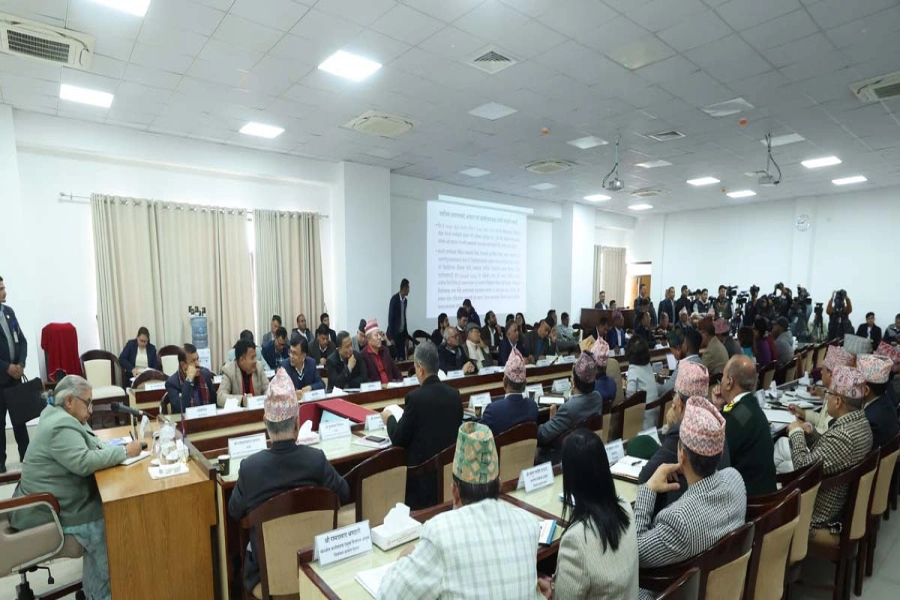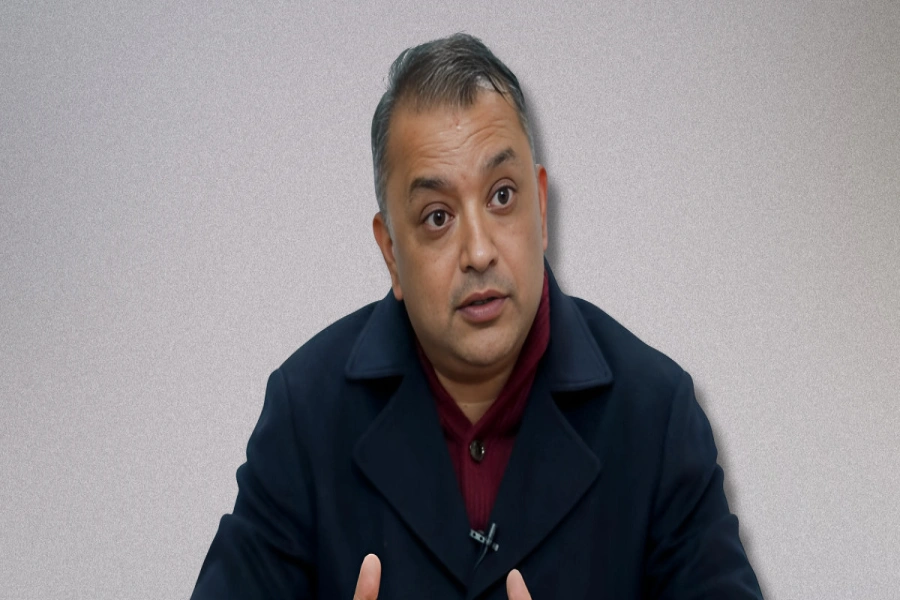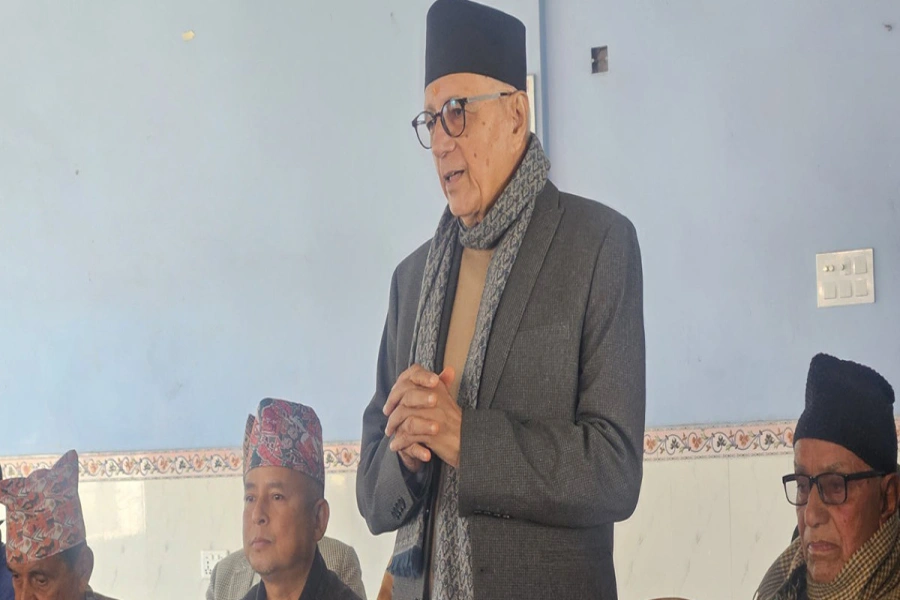Reform in TU is not possible without strong government support. If any reform is initiated, there is likely to be huge protest, even closure of the university
Established in 1959, Tribhuvan University (TU) is a pioneer and highly esteemed institution of higher education in Nepal. It is one of the largest universities in the world in terms of number of students and national coverage. At present, there are 11 universities and six health institutions that provide higher education in Nepal. TU alone contributes to 80 percent share in this. TU has gained rich experiences of running programs and handling a large number of students.
It is often said experience is the strength for the solution and strength of the solution comes from the rich experiences. However, TU has not been able to capitalize on its rich experiences. TU often gets blamed for becoming a factory of producing unemployed youth. Similarly, there is growing concern among TU stakeholders about its functioning, and ability to contribute in the fast changing society. People believe that quality of education in TU is declining. TU is also perceived as gradually becoming a degree awarding center simply interested in making money from student enrollment rather than developing interest in the quality of education. Most people think TU is on the verge of collapse.
Higher education is the foundation of development because it ensures the availability of well-trained human resources, especially with high level skills, technology, knowledge and information. In Nepal, high skilled graduates and innovative and problem solving research programs are going to be critical for meeting the country’s prosperity goals. Achieving the national goal of ‘prosperous Nepal, happy Nepali’ is almost impossible without making changes in Nepal’s higher education. Therefore, the government needs to pay attention toward this.
What ails Nepal's opposition parties?

Challenges and solutions
Tribhuvan University is facing a number of challenges. Academic environment is essential for quality education which ultimately requires meeting key academic indicators such as maintaining academic calendar, time allocation for interaction between teachers and students, and performance-based monitoring. TU has not been able to implement its academic calendar. As a result, students rarely get chance to complete course on time. Such practice encourages the students to depend on readymade materials and guide books. Similarly, interaction between teachers and students could contribute in developing academic environment. Such interaction hardly takes place because teachers are busy teaching in different colleges and also lack their own office room where they can sit and interact independently with the students. When teachers have to hold interaction, in many cases, they have to borrow the office room of department head or use the open ground.
Most people to join TU as faculties are its own products who lack international exposure. The trend of recruiting them has led to excessive inbreeding in administration and teaching learning process. And it has made entire administration and teaching learning process immune to change. Organizational structure and appointment procedure of officials, political influence and unionism are fueling resistance to change. Research has not been integrated into teaching. In fact, research has become a weak component because of unavailability of research fund. Teachers are hardly involved in research activities. They consider research as optional activity. Culture of creation of knowledge through research is yet to be established in TU. Yet, the university does not seem to care.
Quality education is directly linked with the quality of faculty but faculty’s quality in TU is hardly recognized. Working culture is not very encouraging for internationally renowned people. TU’s recruitment and career advancement process is not regular and efficient to attract and retain most competent individuals, leading to massive brain drain. As a result, TU is losing its competent faculties.
Practicing good governance and ensuring good quality of higher education is challenging in TU as many teaching and non-teaching staffs are recruited based on political affiliation rather than competence. Most staffs have inadequate knowledge and yet they are occupying the positions because of promotion based on tenure rather than meritocracy. Afnomanchhe syndrome and politicization is rampant.
No one is seen to work dutifully. The poor governance has not only affected the academic environment but also led to brain drain. The number of students going abroad is increasing every year. With this, Nepal is losing huge amount of money. According to a report, every year Rs 40 billion is being transferred abroad for higher education.
TU is a public institution funded by the government of Nepal and it is expected to offer higher education in a subsidized rate with low fee. All costs are expected to be borne by the government. But this is not happening. The government provides financial contribution in block grants which is not enough to meet its expenses, not enough even to run regular programs. TU is struggling to meet the expenses of its programs.
Major parts of the grants are spent on salary, gratuity and benefits of staffs and administrative expenses. TU pays three billion rupees annually in gratuity and benefits.
There is a general consensus among the faculty, staff and students that TU needs transformation in its structure and working modality to meet the challenges and make it a vibrant global institution. But reform in TU is not possible without government’s support. If any reform is initiated, there is likely to be huge protest, even closure of the university for months.
Albert Einstein once said: “The value of college education is not the learning of many facts but the training of the mind to think.” This is something we need to apply in TU. There was a time when we took pride in being TU graduates. It is losing that glory today. If we fail to reform TU on time, it will earn worse reputation in the days to come.
The author, Professor of Forestry, is currently working as Executive Director at Planning Directorate of Tribhuvan University
ridishp@gmail.com







































